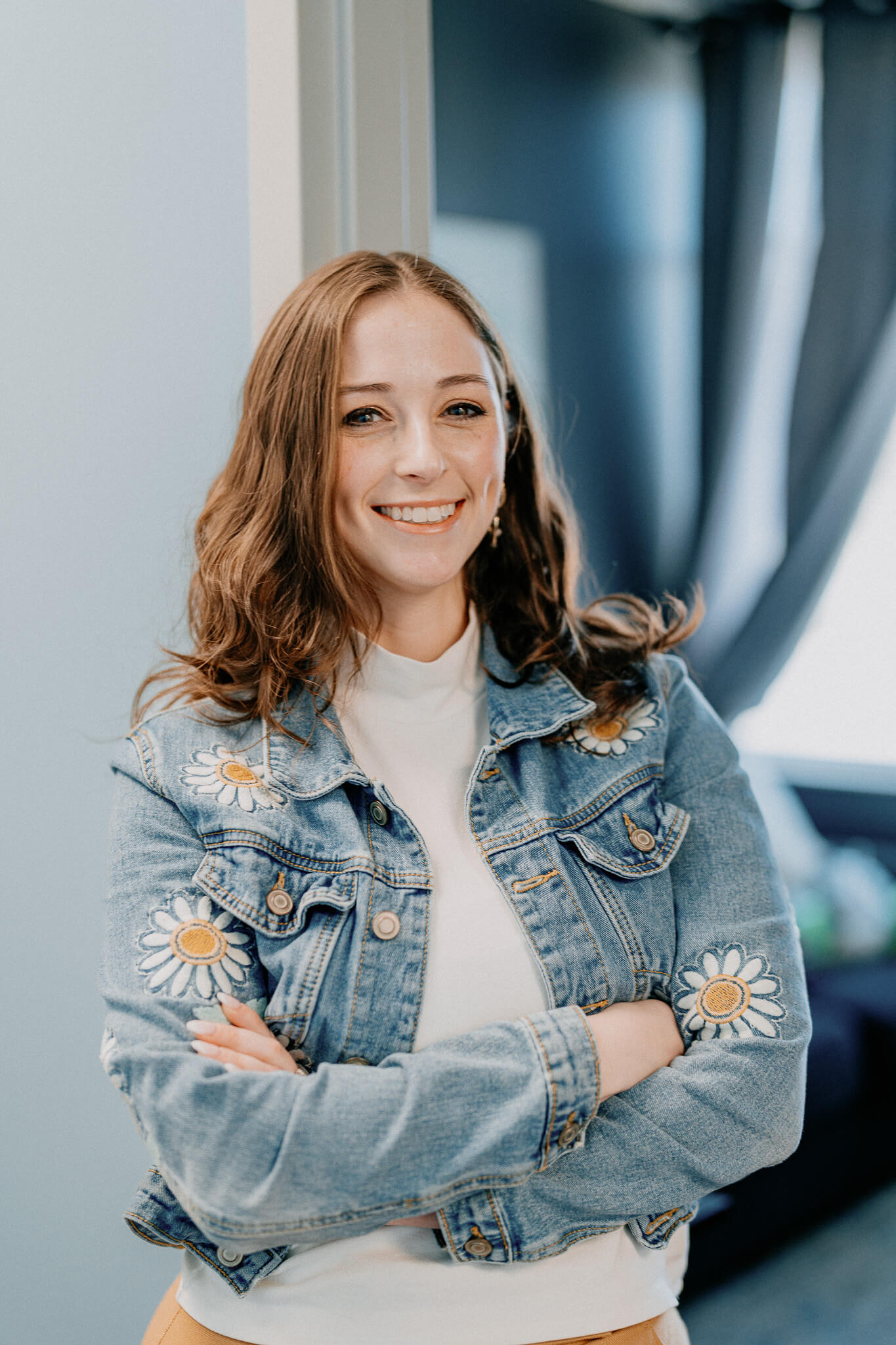Intro:
Wendell Berry once said, “It may be that when we no longer know what to do, we have come to our real work, and when we no longer know which way to go, we have begun our real journey. The mind that is not baffled is not employed. The impeded stream is the one that sings.” Wendell Berry’s words speak to the beauty and purpose that can be found in uncertainty. So often, we believe that feeling lost or stuck means something is wrong—but in reality, these moments of struggle and confusion are often where the most meaningful growth begins. As a therapist, I strive to create a space where my clients can navigate life’s challenges with curiosity and self-compassion, recognizing that the obstacles they face are not roadblocks but invitations to deeper understanding and transformation. My approach is rooted in the belief that even in the midst of uncertainty, there is the potential for clarity, resilience, and renewal.
Education:
Sarah has an undergraduate degree from the University of Alabama, where she double-majored in Psychology and in History. Additionally, Sarah received her Master’s degree in Clinical Mental Health Counseling from Trevecca Nazarene University.

